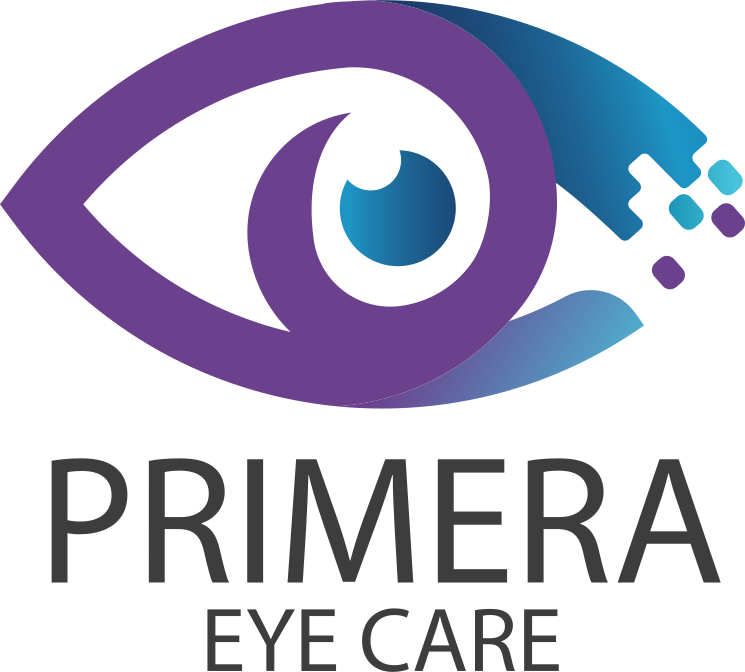
Smart glasses are known for their ability to provide wearers with real-time access to data. They can automatically adjust the brightness as needed and can even pair with devices via Bluetooth technology. But they’re not just a quicker means to access information. Smart glasses also have positive implications within the healthcare industry.
How Smart Glasses Measure Stress
Smart glasses have sensors that can monitor eye movements. Certain eye movements are associated with conditions such as stress. There are other ocular measurements that the sensors can monitor as well, including the following:
- Pupil diameter
- Gaze entropy
- Fixational eye movements
- Saccadic eye movements
Smart Glasses Can Track Eye Movements
Smart glasses can be used to track eye movements to look for specific conditions, such as mental stress. Researchers have used them to look for mental stress in nurses at different times during their shifts to learn at what points they’re most stressed.
Mental Stress Findings from Smart Glasses Study
The study examined data from nurses wearing smart glasses during twelve-hour shifts. The researchers found that nurses were most likely to experience mental stress at the beginning of their shifts in the ICU rather than in the middle or towards the end. The study also found no marked difference in mental stress between nurses working the night shift and those working the day shift.
Why the Researchers Studied Nurses
The researchers chose to study mental stress in nurses because the medical field is a high-stress industry with high stakes. If nurses are overloaded with too much work and as a result are stressed, that could result in poorer outcomes for patients and medical errors.
Future Implications of Eye Tracking Technology
The researchers’ findings may have implications for preventing mental stress and burnout in nurses and other medical professionals. There are other industries that could also benefit from this technology. Stress and burnout are factors that can reduce productivity in low-stakes industries and endanger people’s lives in high-stakes ones.
Knowing when someone is burned out or stressed can benefit both industries and individuals. Stress can negatively impact someone’s health.
Next Steps for Smart Glasses Studies
The next step in this research is to determine exactly which moments during a nurse’s shift cause the most stress and how best to communicate that information to the nurses’ leaders. This could help prevent mistakes and could improve patient care.





